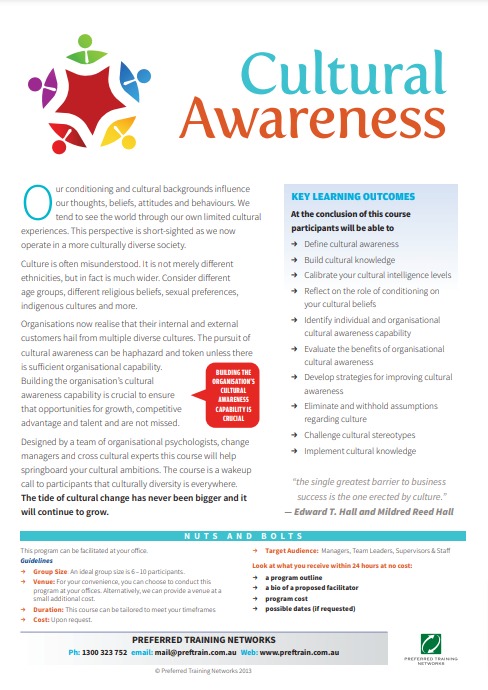
Engaging Minds: Project-Based Learning in STEM Education
Innovative Approach to Learning
Project-based learning (PBL) has emerged as a dynamic and engaging approach to STEM education. It offers students the opportunity to dive deep into real-world problems, apply their knowledge, and develop essential skills through hands-on projects. In classrooms where PBL is embraced, learning becomes an adventure of discovery and creativity.
Igniting Curiosity and Inquiry
One of the key benefits of project-based learning in STEM is its ability to ignite curiosity and spark inquiry. Instead of simply memorizing facts and figures, students are encouraged to ask questions, explore possibilities, and seek solutions. This fosters a love for learning that extends beyond the classroom walls.
Hands-On STEM Projects
Central to project-based learning in STEM are the hands-on projects that students undertake. Whether it’s building a robot, designing a sustainable city, conducting experiments, or creating a computer program, these projects immerse students in the practical application of STEM concepts. Through these experiences, they gain a deeper understanding of the subject matter.
Real-World Relevance
PBL in STEM brings real-world relevance to the classroom. Students tackle problems that professionals in STEM fields face, giving them a taste of what it’s like to work as engineers, scientists, mathematicians, or technologists. This not only makes learning meaningful but also prepares them for future careers in these fields.
Collaborative Learning Opportunities
Another advantage of project-based learning is its emphasis on collaboration. Students often work in teams to complete projects, mirroring the teamwork found in professional STEM settings. Through collaboration, they learn how to communicate effectively, share ideas, and leverage each other’s strengths.
Developing Critical Thinking Skills
Critical thinking is a cornerstone of project-based learning in STEM. As students work through complex problems, they must analyze information, evaluate options, and make informed decisions. This process helps them develop the critical thinking skills that are essential for success in STEM fields and beyond.
Creativity and Innovation Unleashed
PBL in STEM encourages students to think outside the box and explore innovative solutions. They are free to experiment, take risks, and push the boundaries of what is possible. This fosters a culture of creativity and innovation, where students learn to embrace failure as a stepping stone to success.
Problem-Solving Adventures
Every project in PBL is a new adventure in problem-solving. Students encounter challenges along the way and must use their knowledge and skills to overcome them. This not only deepens their understanding of STEM concepts but also builds resilience and perseverance.
Building Future Innovators
Ultimately, project-based learning in STEM is about building future innovators. It equips students with the skills, mindset, and confidence to tackle the complex challenges of tomorrow. By engaging in hands-on projects, they learn to think critically, collaborate effectively, and innovate boldly.
Empowering Discovery and Exploration
Project-based learning in STEM empowers students to take ownership of their learning. They become active participants in the discovery process, exploring topics that interest them and pursuing projects that inspire them. This sense of ownership fosters a lifelong love for learning and a curiosity that knows no bounds.
Transformative Learning Experiences
In classrooms where project-based learning thrives, students undergo transformative learning experiences. They discover their potential, develop a growth mindset, and gain the confidence to tackle any challenge that comes their way. PBL in STEM is not just about teaching content—it’s about shaping the future leaders, thinkers, and innovators of tomorrow. Read more about project based learning stem




